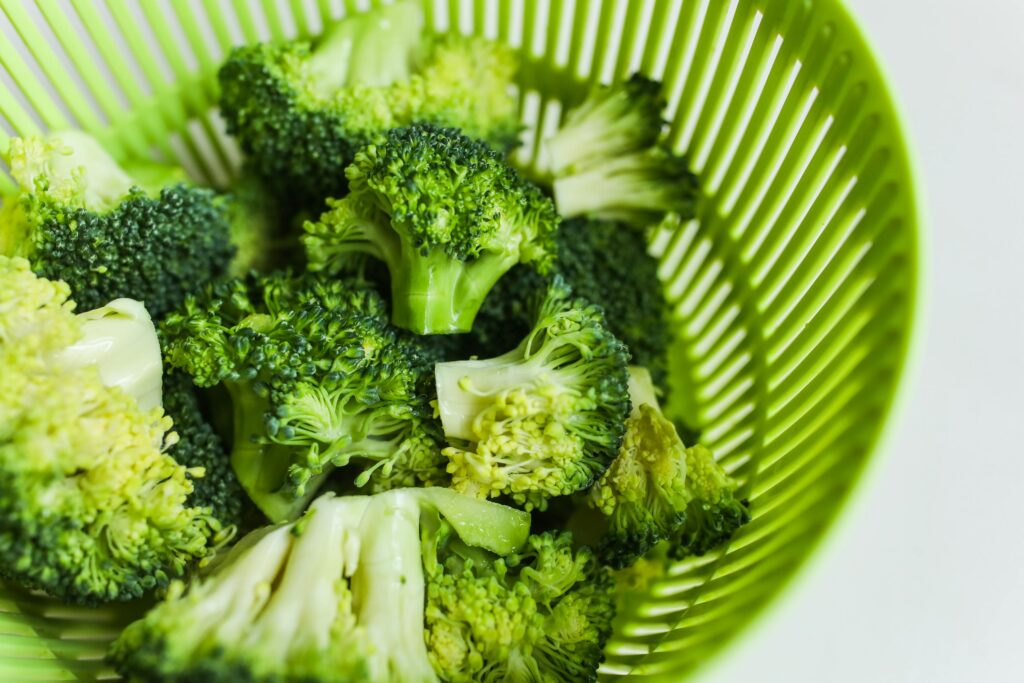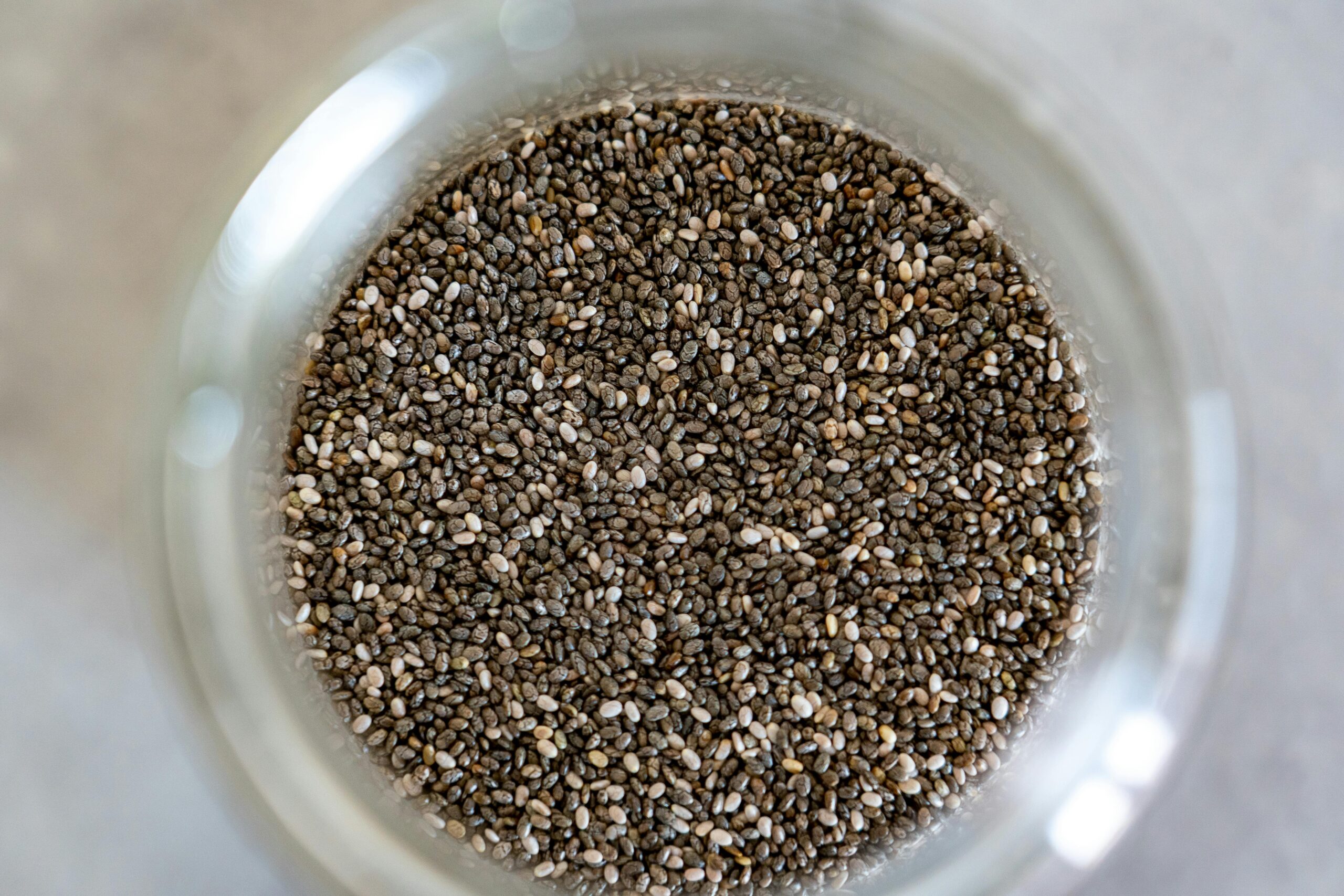Introduction
10 Dairy-Free Superfoods for Enhancing Bone Strength. Learn about calcium-rich alternatives, vitamin D sources, and lifestyle choices to strengthen bones naturally.
Bone health is essential for overall well-being, and while dairy products are often synonymous with strong bones, non-dairy alternatives also play a crucial role in maintaining bone density and strength. In this article, we’ll explore the various ways non-dairy products contribute to bone health and how they can be incorporated into a balanced diet.
Benefits of Non-Dairy Products
Non-dairy products offer a plethora of benefits for bone health. They serve as rich sources of essential nutrients such as calcium, vitamin D, magnesium, and potassium, all of which are vital for maintaining strong and healthy bones. Contrary to popular belief, non-dairy alternatives provide ample nutrition without the need for dairy consumption.
- Calcium-rich alternatives: Leafy greens like kale and spinach, as well as fortified non-dairy milks and juices, offer significant amounts of calcium necessary for bone formation and strength.
- Vitamin D sources: While dairy products are often fortified with vitamin D, non-dairy sources such as sunlight exposure, fortified cereals, and mushrooms provide this crucial vitamin for calcium absorption and bone health.
- Magnesium and potassium sources: Nuts, seeds, and legumes are excellent sources of magnesium and potassium, minerals that contribute to bone density and help prevent bone loss.
Types of Non-Dairy Products
Non-dairy products come in various forms, each offering unique nutritional benefits for bone health.
- Leafy greens: Dark leafy greens like broccoli, kale, and collard greens are packed with calcium, vitamin K, and other nutrients essential for bone health.
- Nuts and seeds: Almonds, sesame seeds, and chia seeds are rich in calcium, magnesium, and phosphorus, making them ideal additions to a bone-healthy diet.
- Fortified foods: Many non-dairy milk alternatives, such as almond milk and soy milk, are fortified with calcium and vitamin D to mimic the nutritional profile of dairy milk.
Incorporating Non-Dairy Products
Incorporating non-dairy products into your diet is simple and delicious, thanks to the wide variety of options available.
- Meal ideas and recipes: Swap dairy ingredients for non-dairy alternatives in your favorite recipes, such as using almond milk in smoothies or cashew cheese in pasta dishes.
- Snack options: Snack on calcium-rich foods like fortified cereal with almond milk or a handful of mixed nuts and seeds for a nutrient boost throughout the day.
Lifestyle Choices for Bone Health
In addition to dietary choices, lifestyle factors also play a significant role in maintaining strong and healthy bones.
- Exercise and physical activity: Engage in weight-bearing exercises such as walking, jogging, or strength training to promote bone density and strength.
- Sun exposure for vitamin D: Spend time outdoors to absorb natural sunlight, which stimulates vitamin D production in the skin and supports calcium absorption in the body.
Common Misconceptions
Despite the wealth of evidence supporting the benefits of non-dairy products for bone health, several misconceptions persist.
- Myth: Dairy is the only source of calcium: While dairy products are rich in calcium, non-dairy alternatives can provide equally significant amounts of this essential mineral.
- Myth: Non-dairy alternatives lack nutrients: Non-dairy products are often fortified with calcium, vitamin D, and other nutrients to match or exceed the nutritional content of dairy products.
In the quest for stronger and healthier bones, dairy products often take the spotlight. But did you know that there are plenty of non-dairy superfoods that can also support bone health?
Let’s explore 10 of these nutritional powerhouses and learn how they contribute to bone strength.
1. Spinach
Leafy Greens for Bone Health
Spinach is a leafy green vegetable rich in calcium, a crucial mineral for bone strength. It also contains vitamin K, which plays a role in bone metabolism and may help reduce the risk of fractures.
2. Salmon
Omega-3 Fatty Acids and Vitamin D
Salmon is packed with omega-3 fatty acids, which have anti-inflammatory properties and may help protect against bone loss. Additionally, salmon is a natural source of vitamin D, essential for calcium absorption and bone health.
3. Almonds
Nutrient-Dense Snack
Almonds are a nutrient-dense snack packed with calcium, magnesium, and phosphorus—all vital nutrients for bone health. They also contain protein, which is essential for building and maintaining strong bones.
4. Broccoli
Cruciferous Vegetables for Bone Support

Broccoli is a cruciferous vegetable rich in vitamin C, which aids collagen production—a protein essential for bone strength. It also contains calcium and other nutrients that support bone health.
5. Tofu
Plant-Based Protein
Tofu, made from soybeans, is a plant-based protein source rich in calcium and magnesium. Incorporating tofu into your diet can help support bone health, especially for those following a vegetarian or vegan lifestyle.
6. Oranges
Vitamin C Boost

Oranges are known for their vitamin C content, which plays a vital role in collagen synthesis and bone formation. Consuming oranges and other vitamin C-rich foods can contribute to overall bone health.
7. Sweet Potatoes
Vitamin A and Potassium
Sweet potatoes are rich in vitamin A, which is necessary for bone growth and development. They also contain potassium, which helps regulate calcium levels in the body, promoting optimal bone health.
8. Chia Seeds
Tiny Seeds, Big Benefits

Chia seeds are tiny nutritional powerhouses packed with calcium, magnesium, and phosphorus. They also contain omega-3 fatty acids, making them an excellent addition to a bone-healthy diet.
9. Kale
Another Leafy Green Gem
Kale is another leafy green vegetable rich in calcium, vitamin K, and other nutrients that support bone health. Adding kale to your diet can help strengthen bones and reduce the risk of fractures.
10. Beans
Plant-Based Protein and Minerals
Beans, such as black beans, kidney beans, and chickpeas, are excellent sources of plant-based protein, calcium, magnesium, and other minerals essential for bone health. Including beans in your meals can contribute to stronger and healthier bones.
Conclusion
While dairy products are often touted as the go-to for bone health, incorporating a variety of non-dairy superfoods into your diet can provide essential nutrients necessary for stronger and healthier bones. From leafy greens to nuts and seeds, these 10 non-dairy superfoods offer a delicious and nutritious way to support bone strength and overall well-being. Non-dairy products offer a wealth of benefits for bone health, providing essential nutrients like calcium, vitamin D, and magnesium without the need for dairy consumption. By incorporating a variety of non-dairy alternatives into your diet and adopting healthy lifestyle choices, you can strengthen your bones and support overall well-being.
FAQs (Frequently Asked Questions)
1. Can I get enough calcium from non-dairy sources alone?
Yes, you can. Many non-dairy foods, such as leafy greens, nuts, seeds, and fortified products, are rich sources of calcium.
2. Are there any fruits that can help strengthen bones?
Yes, fruits like oranges and dried fruits are rich in vitamins and minerals that support bone health, including vitamin C and potassium.
3. How can I incorporate these non-dairy superfoods into my diet?
You can add them to smoothies, salads, stir-fries, soups, or enjoy them as snacks throughout the day.
4. Can these non-dairy foods really make a difference in bone health?
Yes, incorporating a variety of nutrient-rich foods into your diet can contribute to stronger bones and overall bone health.
5. Are there any non-dairy alternatives to traditional calcium sources like milk and cheese?
Yes, there are plenty of non-dairy alternatives available, such as fortified plant-based milk, tofu, leafy greens, and nuts and seeds.
6. How do non-dairy products contribute to bone health? Non-dairy products contribute to bone health by providing essential nutrients like calcium, vitamin D, magnesium, and potassium, which are crucial for bone formation and strength. These nutrients support bone density, help prevent bone loss, and promote overall bone health.
7. Are non-dairy products suitable for people with lactose intolerance? Yes, non-dairy products are suitable for people with lactose intolerance or dairy allergies. Since non-dairy alternatives like almond milk, coconut milk, and soy milk are lactose-free, they provide a suitable option for individuals who cannot tolerate dairy products. These alternatives offer similar nutritional benefits without causing digestive discomfort.
8. How can I incorporate more non-dairy products into my diet? You can easily incorporate more non-dairy products into your diet by swapping dairy ingredients for non-dairy alternatives in your favorite recipes. For example, use almond milk instead of dairy milk in cereal or coffee, choose tofu or tempeh as plant-based protein sources, snack on nuts and seeds, and include plenty of leafy greens in salads and stir-fries. Experimenting with different non-dairy options can add variety and nutritional value to your meals while supporting bone health.